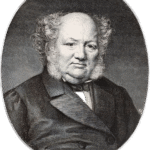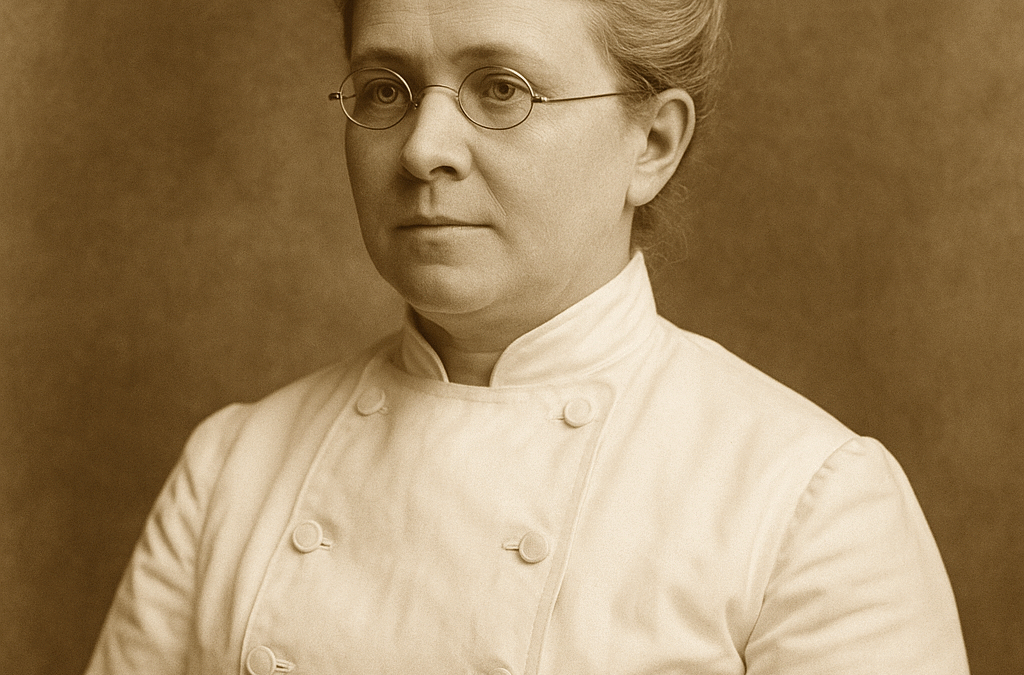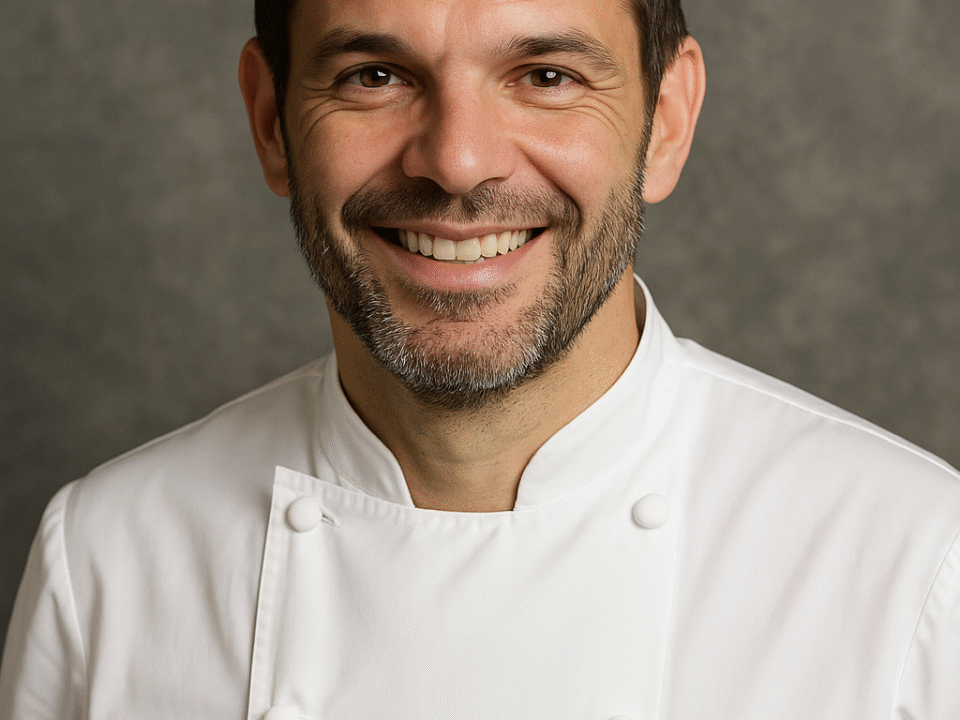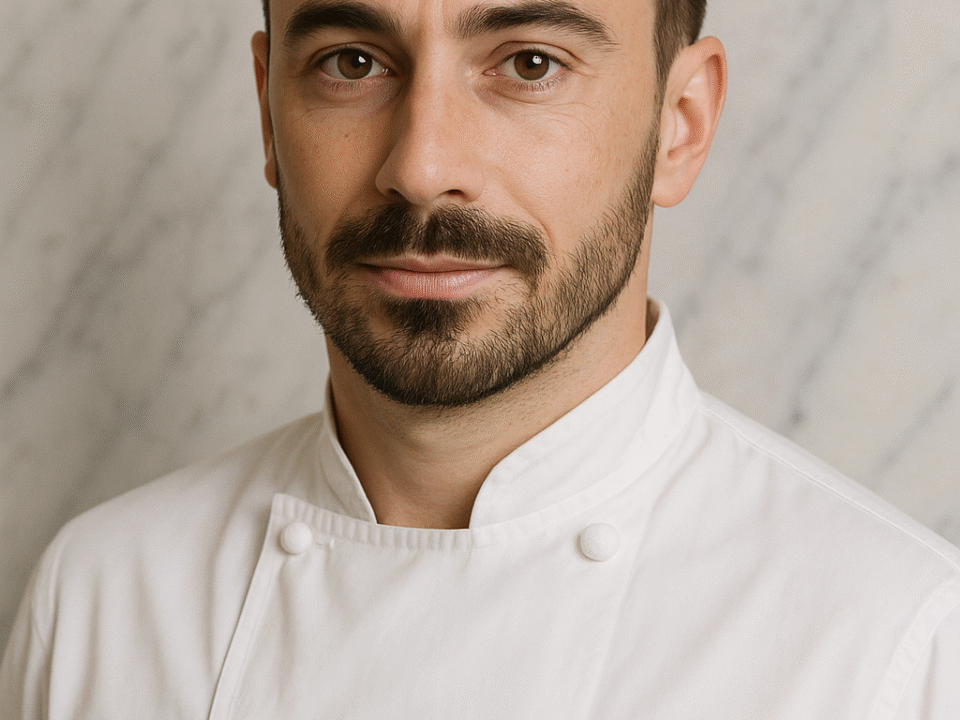
Jules Gouffé
August 18, 2025
Kardinalschnitten (Austria)
August 26, 2025The Pastry Chef Who Changed How We Bake
When we think about precision in baking, we often take it for granted that recipes list exact measurements. But that wasn’t always the case. One woman, Fanny Farmer, transformed the way Americans cooked and baked by introducing level measurement into recipes, and her influence is still felt in kitchens today.
Where She Came From
Fanny Merritt Farmer was born in Boston, Massachusetts, in 1857. She grew up in a large family and was expected to attend college. However, a paralytic illness in her teens left her with limited mobility, altering the course of her life. Despite this setback, Farmer’s resilience and determination led her to find her way into cooking, which became both her passion and her profession.
Training and Education
Farmer was trained at the Boston Cooking School, an institution dedicated to teaching scientific cookery. This school was a pioneer in the field, emphasizing the importance of precise measurements and the understanding of the chemical processes involved in cooking. Farmer’s time at the school not only honed her skills but also shaped her approach to cooking. She excelled in her studies, and her meticulous approach to food preparation set her apart from many of her peers. After graduating, she stayed on as an instructor and later became the school’s principal.
Her Signature Contribution
While Fanny Farmer wasn’t known for inventing a single signature pastry, her real creation was something far more influential: the introduction of level measurements in recipes. Before her time, many recipes used vague instructions like “a teacup of flour” or “a handful of sugar.” The Farmer insisted that every ingredient should be measured consistently and precisely with cups and spoons, levelled off to remove guesswork. For instance, her recipe for a classic chocolate cake would call for ‘2 cups of flour, levelled off’, ensuring a consistent and reliable result every time.
This simple idea changed American baking forever. Suddenly, home bakers and professionals alike could achieve consistent results, which is crucial in pastry, where precision is everything.
A Lasting Legacy
Fanny Farmer’s 1896 Boston Cooking-School Cook Book became one of the most influential culinary texts in American history, shaping the way generations of bakers approached their craft. Her emphasis on accuracy paved the way for modern baking standards, and she is often credited with helping establish pastry as a discipline where science and art meet. The weight of her influence can still be felt in kitchens today.
Today, every time we measure flour with a level cup or sugar with a flat spoon, we’re carrying forward Fanny Farmer’s legacy. She didn’t just change recipes—she gave bakers the tools to be confident, consistent, and creative. Her legacy lives on in the precision and reliability of modern baking, where her influence can be seen in the standardization of recipes and the emphasis on accurate measurements.



